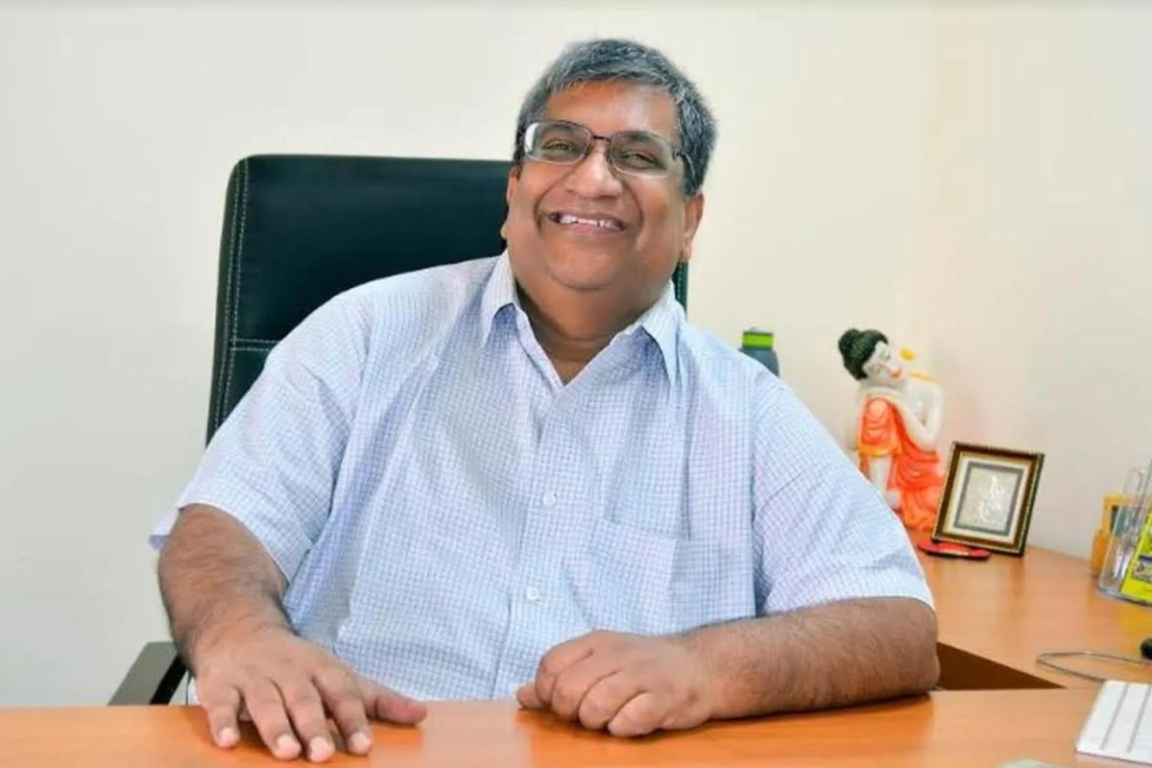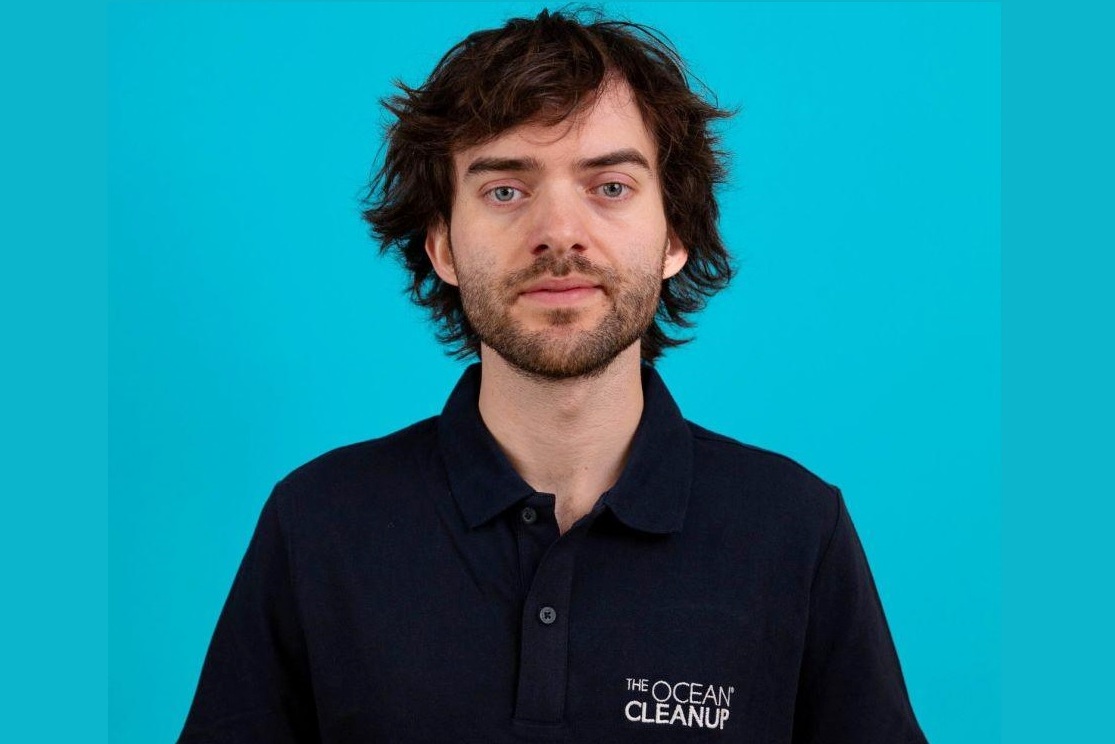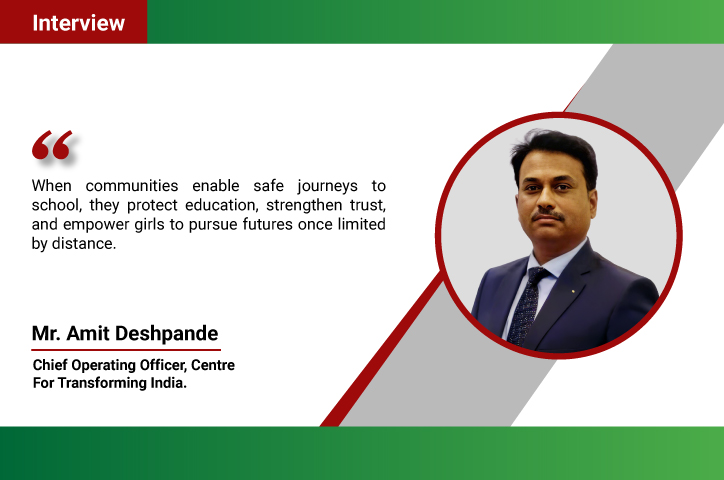The significance of agriculture in the Indian economy is widely acknowledged. To explore the kind of innovations that are helping elevate agricultural productivity and farmer incomes, TheCSRUniverse is in conversation with Mr. Ravindra Agrawal, Founder and Chairman of KisanKraft Limited. KisanKraft has recently marked two decades of empowering Indian farmers by making modern farm mechanization accessible, affordable, and inclusive for small and marginal landholders. What began in a small garage in Bengaluru in 2005 has today become India’s leading small-farm machinery brand, with over 400 products reaching more than 50 lakh farmers across the country.
In this insightful interview, Mr. Agrawal reflects on his two-decade journey of building farmer-first innovations—from compact power weeders to sustainable seeds. He shares how KisanKraft’s in-house manufacturing, patented technologies, and strong partnerships with governments and agricultural institutions have transformed rural farming practices.
The conversation also explores the company’s recent foray into Africa, its focus on climate-resilient seed R&D, upcoming battery-powered machines, and the integration of digital tools for smarter farming. At its core, the interview offers a compelling look at how one company is helping small farmers move from hard manual labor to a future of smart, sustainable agriculture.
Q&A
Q. Mr. Agrawal, KisanKraft’s journey from a garage in Bengaluru to becoming a nationwide leader in small-farm mechanization is truly inspiring. Could you take us back to those early days—what inspired you to enter this space, and what kept you going during the initial challenges?
A. In 2005, I started KisanKraft from a small garage in Bengaluru, driven by one clear problem I saw across India, millions of small and marginal farmers were being left out of the mechanization wave. Big machines didn’t fit their fields, their functional requirements, nor their budgets. That’s where we came in.
Those early days weren’t easy, importing machines, adapting them to Indian conditions, building trust village by village. But what kept me going was the change we could see almost immediately. One farmer saving time during planting, another increasing his income with the help of a simple tool - that kind of impact is powerful.
Today, with over 300 models and more than 50 lakh farmers using our machines, we’ve become India’s largest player in small farm equipment. But we’re still solving the same problem: how to make farming more efficient, sustainable, and profitable for the farmers who need it most.
Q. Over the past two decades, how has the landscape of rural mechanization changed in India, particularly for small and marginal farmers? Where do you see KisanKraft’s most significant contribution in this transformation?
A. When we started, mechanization in rural India was almost non-existent for small farmers. Big machines didn’t suit small plots, and manual farming was becoming harder with rising labor shortages.
Over the years, that picture has changed. Today, it’s common to see small farmers using machines for every stage, land preparation, sowing, weeding, and harvesting. I believe KisanKraft played a big role in that shift by offering equipment built specifically for their needs, affordable, durable, and easy to maintain.
Our biggest contribution has been making mechanization truly reachable. Whether it’s a ₹10,000 tool or a machine that pays for itself in one season, it has helped farmers move from manual effort to smart farming.
Q. KisanKraft offers nearly 400 products across the agricultural value chain. Could you highlight a few of your most impactful innovations—especially those designed to be affordable, user-friendly, and suited for small landholdings?
A. At KisanKraft, innovation has always meant solving real problems for farmers. Out of the products we’ve developed, some stand out for how deeply they’ve changed daily life for small farmers.
Our power weeders, for instance, have become a go-to tool across rural India. They're compact enough for narrow fields, easy to operate, and save farmers from exhausting manual work. Then there’s our electric sprayers, lightweight, efficient, and designed to optimize chemical usage while making spraying faster and safer.
We also tackled the issue of stubble burning with our stubble shavers, which help manage crop residue without harming the soil or the environment. And now, we’re excited to launch battery-powered weeders, clean, low-noise machines that support sustainable farming without compromising performance and significantly reduce operating expenses.
These tools don’t just improve efficiency, they give farmers more control over their time and timing, effort, and earnings. In many cases, the cost of the machine is recovered in just one season, which makes a real difference where every rupee counts.
Q. Seed R&D is an area of growing importance. How is KisanKraft integrating seed research into its portfolio, and what role do you see improved seed varieties playing in climate-resilient and sustainable agriculture?
A. Good farming always starts with a good seed. That’s why, back in 2017, we created a dedicated seed R&D team focused on developing rice and vegetable seeds built for climate resilience.
Our new seed varieties for e.g. Sustainable Dry Direct Seeded Rice (SDSR) varieties are sustainable by design, i.e., lower water consumption, resist pests and diseases, reduce GHG emissions, protect soil structure, provide high yields etc. This means farmers can get better harvests even when the seasons don’t cooperate.
What excites us most is how these resilient seeds, together with our affordable machinery, create a reliable ecosystem, helping farmers work smarter, protect their land, and increase their income. It’s about giving them the tools and seeds they need to thrive, and face the challenges that come their way.
Q. How has your engagement with state governments, agricultural universities (SAUs), and empanelment with FMTTIs helped validate and scale your products across rural India?
A. Our close partnerships with state governments, agricultural universities (SAUs), and FMTTIs have been vital in building trust and reaching farmers across India. These collaborations help us test and validate our products under real farming conditions, ensuring they meet local needs and standards.
Being empaneled with these trusted institutions also opens doors for wider distribution and adoption, especially in remote and underserved areas. It means our machines aren’t just tested in labs, they’re proven in the fields where farmers live and work.
This network has helped us scale, reaching over 50 lakh farmers, and continues to guide us in developing tools that truly make a difference on the ground.
Q. As you expand into new geographies, particularly Africa, what parallels or differences do you see between Indian and African smallholder farmers? What strategies are you adopting for this global transition?
A. Small farmers in India and Africa often share the same struggles, small plots, limited budgets, insufficient infrastructure for irrigation, transport, cold-chain etc., and unpredictable weather that can make or break a season. Many of the crops are similar too, which means a lot of our machines can step right in.
That said, farming isn’t one-size-fits-all. Soil types, climate, water, and local practices vary widely. So, we’re working closely with local partners in Africa to understand those differences and adapt our machines and services accordingly.
It’s about blending what we’ve learned over 20 years in India with local knowledge, so we bring solutions that are affordable, easy to use, and truly fit the farmers’ needs. The goal is simple: help farmers save time, reduce effort, enable timely operations, and boost their harvests, whether in Nellore or Krachi.
Q. In-house manufacturing and patented technologies are rare strengths in your domain. How do these capabilities enable you to maintain quality, affordability, and continuous innovation at scale?
A. When you control manufacturing from start to finish, like we do at our Nellore facility, you’re not just building machines; you’re shaping how they perform for over 50 lakh farmers across India. Having our own plant means we oversee every step, keep costs low, and quickly turn ideas into tools that solve real problems on small farms.
With 13 patents, 19 BIS:ISI certifications, and more than 300 models, our products set us apart. Our innovations deliver durable, reliable, and affordable machines that help farmers boost productivity and income. This hands-on approach drives constant innovation and ensures our products stay relevant and effective, season after season.
Q. Strong partnerships have clearly played a role in KisanKraft’s success. Could you share how collaborations—with government bodies, research institutions, or distribution partners—have helped amplify your impact on the ground?
A. Behind every successful farmer is a strong support system and at KisanKraft, partnerships are the roots that keep us growing. From day one, working hand-in-hand with government bodies and agricultural universities has been vital. These collaborations allow us to test and refine our products to meet the unique challenges farmers face across India’s varied landscapes.
Being certified by institutions like BIS:ISI, FMTTIs and SAUs ensures our machines carry trusted certifications, giving farmers confidence in their investment. Meanwhile, our extensive network of over 5,000 dealers and 14 regional offices brings these innovations straight to the fields of more than 50 lakh farmers, even in the most remote corners.
Together, these partnerships form a strong ecosystem that helps us deliver not just machines, but meaningful change in rural India.
Q. Looking ahead, what’s the next chapter in KisanKraft’s roadmap? Are there any upcoming product categories, digital solutions, or farmer support initiatives that you’re excited to unveil?
A. The next chapter for KisanKraft is all about smart, sustainable growth, by building machines, offering support services, and developing new seeds to increase income of the small farmers.. We’re excited to soon introduce battery-powered weeders that run quietly and cleanly, cutting down on fossil fuel use, reducing operating expenses, and helping farmers embrace greener, more eco-friendly practices.
But innovation isn’t just about machines and seeds. We have developed digital tools that put a mini-agri expert right in every farmer’s pocket, offering timely advice, scheduling maintenance, and making spare parts just a few clicks away. Our apps enable farmers to rent machines to each other. It’s about making technology accessible and simple, even in the most remote villages.
Our Seed R&D is also pushing boundaries, creating climate-resilient, high-yield varieties that stand strong against unpredictable weather, pests & diseases, helping farmers protect their harvests season after season.
Looking ahead, our vision is clear: to deliver end-to-end solutions for India’s top 20 crops, empowering small farmers to work smarter, boost their incomes, and care for their land, building a future where Indian farming leads the world in innovation and sustainability.





.jpg)













